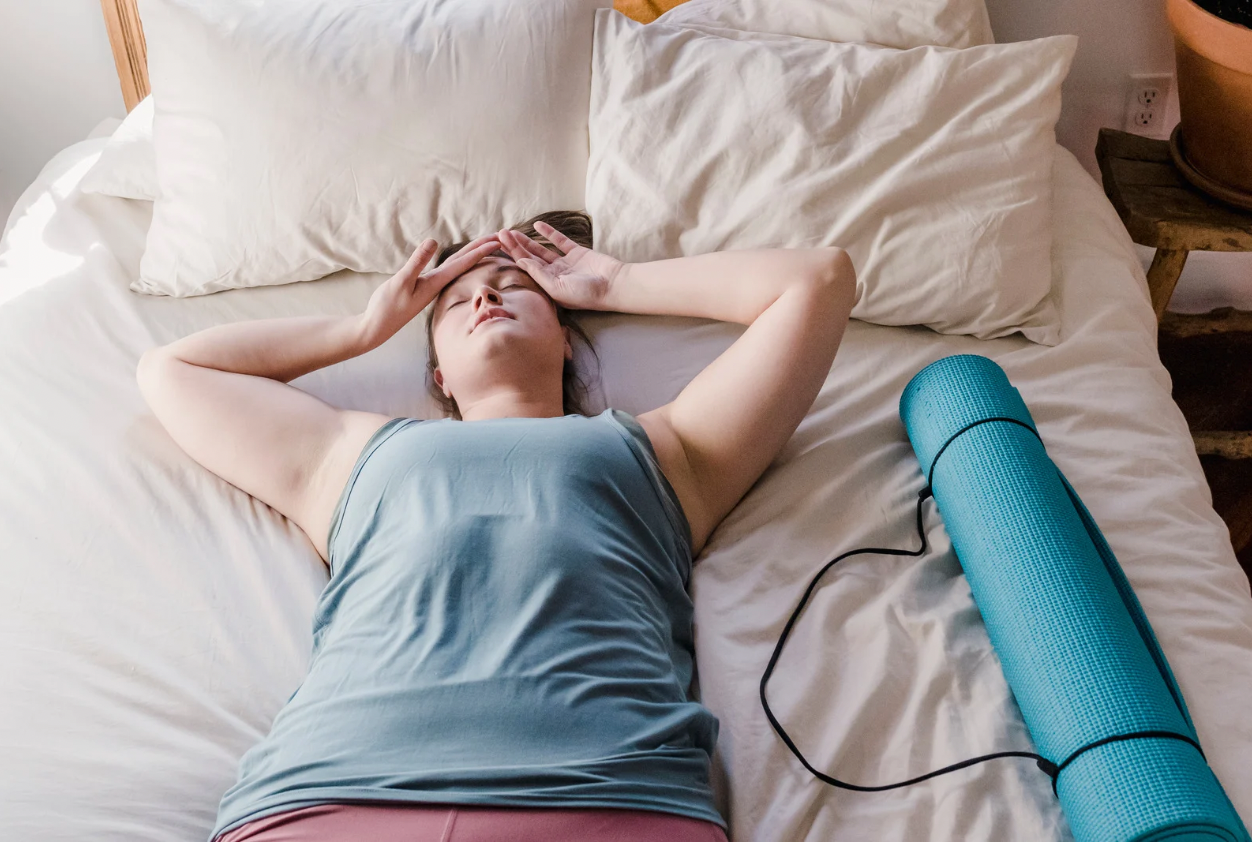How Daylight Saving Time is Wrecking Your Sleep and Health: What You Need to Know
Twice a year, we adjust our clocks to accommodate Daylight Saving Time (DST), a practice that has become a staple in many parts of the world. While gaining or losing an hour might seem trivial, these changes can significantly impact our sleep and overall health. In this blog post, we’ll explore how Daylight Saving Time affects your body and what you can do to mitigate its negative effects.
The Impact of Daylight Saving Time on Sleep
1. Disrupted Sleep Patterns:
• Changing the clocks disrupts your body’s internal clock, also known as the circadian rhythm. This can lead to difficulty falling asleep and waking up, as your body struggles to adjust to the new schedule.
• The sudden shift can cause a temporary misalignment between your biological clock and the external environment, leading to sleep disturbances.
2. Sleep Deprivation:
• Losing an hour of sleep in the spring can contribute to sleep deprivation. Even a single hour of lost sleep can affect cognitive function, mood, and overall well-being.
• The effects of sleep deprivation can be particularly pronounced in people who already struggle with getting enough rest.
3. Reduced Sleep Quality:
• The quality of your sleep can also be affected. You may find yourself waking up more frequently during the night or having difficulty reaching deep, restorative sleep stages.
The Health Consequences of Disrupted Sleep
1. Increased Risk of Heart Problems:
• Studies have shown an increase in heart attacks and strokes following the spring transition to Daylight Saving Time. The sudden change in sleep patterns and the stress it causes can negatively impact cardiovascular health.
2. Impaired Cognitive Function:
• Lack of sleep and disrupted circadian rhythms can impair cognitive functions such as memory, attention, and decision-making. This can affect your productivity and increase the risk of accidents and errors.
3. Mood Changes:
• Sleep disruptions can lead to mood swings, irritability, and increased stress levels. People with pre-existing mental health conditions, such as depression and anxiety, may find their symptoms worsening.
4. Weakened Immune System:
• Quality sleep is crucial for maintaining a strong immune system. Disruptions in sleep patterns can weaken your immune response, making you more susceptible to illnesses.
Tips to Mitigate the Effects of Daylight Saving Time
1. Gradual Adjustment:
• Start adjusting your sleep schedule a few days before the time change. Go to bed and wake up 15-20 minutes earlier or later each day to help your body gradually adapt.
2. Maintain a Consistent Sleep Routine:
• Stick to a regular sleep schedule, even on weekends. Consistency helps regulate your circadian rhythm and improve sleep quality.
3. Limit Exposure to Screens:
• Reduce screen time in the evening to minimize exposure to blue light, which can interfere with melatonin production and disrupt sleep.
4. Create a Relaxing Bedtime Routine:
• Engage in calming activities before bed, such as reading, meditating, or taking a warm bath. This can help signal to your body that it’s time to wind down.
5. Optimize Your Sleep Environment:
• Ensure your bedroom is conducive to sleep by keeping it cool, dark, and quiet. Consider using blackout curtains, white noise machines, or earplugs if necessary.
6. Stay Active:
• Regular physical activity can help improve sleep quality. Aim for at least 30 minutes of moderate exercise most days of the week, but avoid vigorous activity close to bedtime.
While Daylight Saving Time can disrupt your sleep and overall health, there are steps you can take to minimize its impact. By gradually adjusting your sleep schedule and maintaining healthy sleep habits, you can help your body adapt more smoothly to the time change. At Newman Chiropractic, we understand the importance of quality sleep for overall well-being. If you’re struggling with sleep issues, book a session with us today to explore how chiropractic care can support your health.
Book your session today and discover how chiropractic care can help you achieve better sleep and overall wellness.

